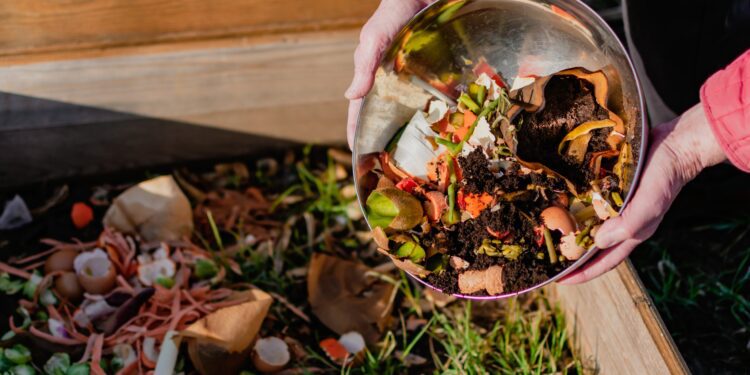States, municipalities and private companies are pushing to make composting as common as recycling, recognizing its environmental benefits. Composting keeps food out of landfills, reduces greenhouse gas emissions, and enhances soil health. Major companies like Chipotle and PepsiCo are expanding composting initiatives and exploring compostable packaging options.
Despite these efforts, the EPA reports that only 3.7% of residential food waste in the U.S. was composted, as of April 2023. Interest in composting is growing, with predictions of increased prevalence over the next five to ten years. Experts compare the current state of composting to the early stages of traditional recycling, noting the importance of location-specific services and legislative support.
Legislation varies widely, with some states like Vermont and California leading the way with mandatory composting laws. However, national efforts have struggled due to a lack of bipartisan support. More composting facilities are needed, with estimates suggesting 1,000 to 2,000 new facilities required. Education and convenient services are key to encouraging more people to compost, with options ranging from at-home composting to private pick-up services.












